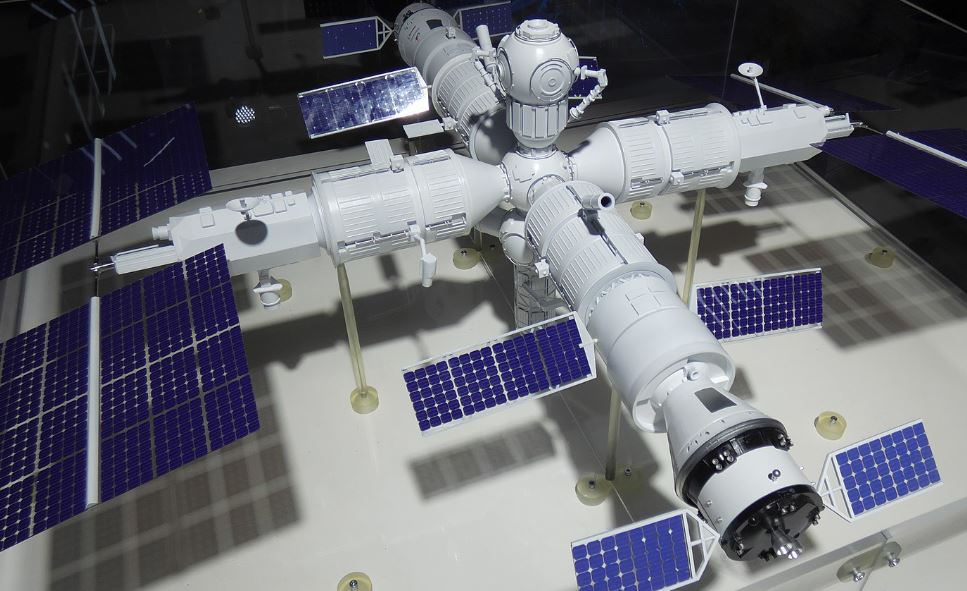Roscosmos, Russia’s state space agency, has unveiled an ambitious plan to establish the core structure of a new orbital space station by 2030. This strategic move marks a significant shift in Russia’s space endeavors as it prepares to depart from the International Space Station (ISS).
The Dawn of a New Space Station Era
The initiative, led by Roscosmos chief Yuri Borisov, involves a collaborative effort with 19 enterprises. The project’s roadmap outlines the launch of an initial scientific and energy module in 2027, followed by the integration of three additional modules by 2030. A further expansion, incorporating two more modules, is slated for completion between 2031 and 2033.
A Strategic Pivot from the ISS
Russia’s decision to embark on this independent space station project stems from the impending end of the ISS’s operational life and the strained relations with the United States following the Ukraine conflict. While Russia has extended its participation in the ISS until 2028, this new venture signifies a strategic pivot towards self-reliance in space exploration.
Comprehensive Development Roadmap
Beyond module construction, Roscosmos’ comprehensive plan encompasses a range of crucial activities, including flight-testing a new generation of crewed spacecraft, developing advanced rockets, and establishing robust ground-based infrastructure. This holistic approach aims to address scientific, technological, economic, and national security objectives that the current Russian segment of the ISS cannot fulfill due to various limitations.
Overcoming Challenges and Embracing Innovation
The new space station will empower Russia to overcome the technological constraints and international agreements that have hampered its progress on the ISS. It will provide a platform for cutting-edge research, bolster the national economy, and enhance national security capabilities. Moreover, it will serve as a testament to Russia’s enduring commitment to space exploration, a legacy dating back to the Cold War era.
Rekindling Russia’s Space Legacy
The construction of this new orbital outpost signifies Russia’s determination to rekindle its space legacy and reclaim its position as a global leader in space exploration. Despite recent setbacks, such as the failed lunar mission in 2023, this ambitious project demonstrates Russia’s unwavering resolve to push the boundaries of space technology and achieve its strategic goals in the cosmos.
Key Learnings:
| Key Point | Description |
|---|---|
| Russia plans to build a new space station by 2030. | The core structure of the station is expected to be completed by 2030, with further expansions until 2033. |
| The project is led by Roscosmos, Russia’s state space agency. | Yuri Borisov, the head of Roscosmos, is leading this ambitious initiative. |
| The new station will serve scientific, economic, and national security purposes. | It aims to overcome the limitations of the Russian segment of the ISS. |
| The project involves the development of new spacecraft and ground-based infrastructure. | A comprehensive roadmap outlines various activities to support the construction and operation of the new station. |
| This signifies a strategic shift in Russia’s space endeavors. | The project marks a move towards self-reliance in space exploration following the planned departure from the ISS. |

Basant Kumar Sahoo is a seasoned writer with extensive experience in crafting tech-related articles, insightful editorials, and engaging sports content. With a deep understanding of technology trends, a knack for thought-provoking commentary, and a passion for sports, Basant brings a unique blend of expertise and creativity to his writing. His work is known for its clarity, depth, and ability to connect with readers across diverse topics.



